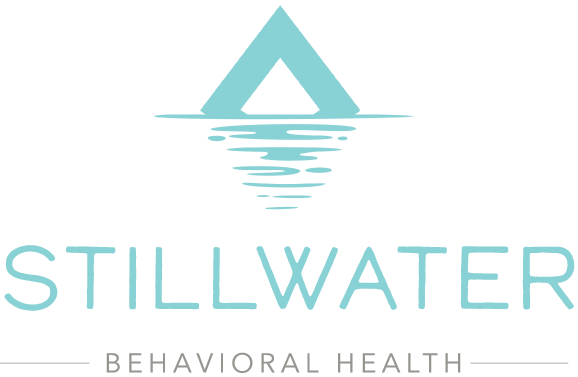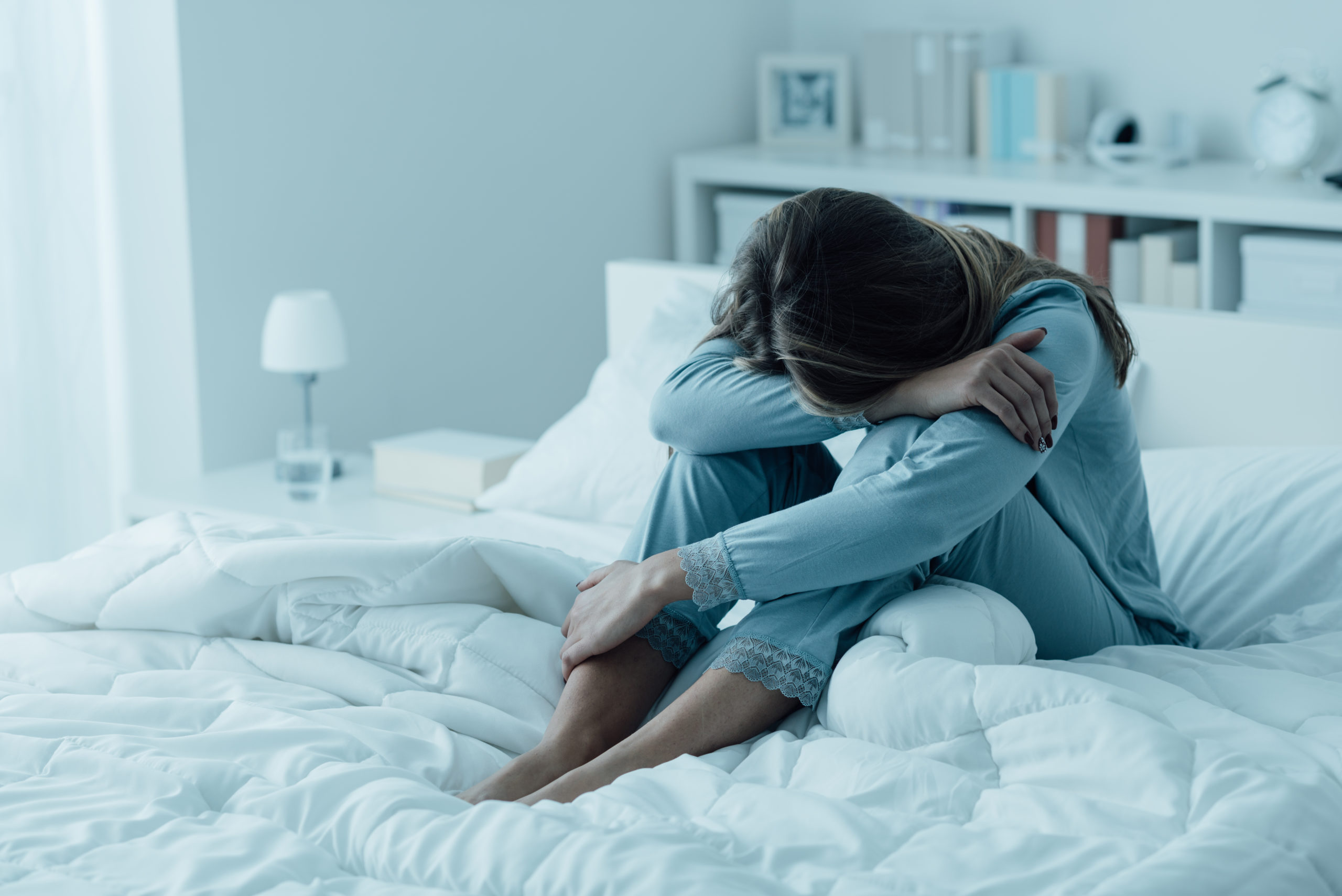Major depressive disorder and addiction have been linked through years of study and observation. In fact, major depressive disorder is one of the most common factors in non-fatal opiate overdose. Heroin, a common illegal opiate, is most often the culprit.
If you are struggling with heroin addiction and depression, get help today at Stillwater Behavioral Health. Our dual-diagnosis addiction treatment programs provide a safe and stable luxury environment for rehabilitation and recovery. Through compassionate care and high-quality medical supports, our clients have access to holistic wellness and retreat.
Signs of a Heroin Addiction
Heroin is an opiate pain reliever. It is a fairly common street drug and highly addictive. Individuals experimenting with drug use, who no longer have access to prescription pain medications, or who are addicted to stimulants are likely to utilize heroin for the calming euphoric high. However, heroin addiction can create some noticeable physical symptoms. “Drowsiness, respiratory depression (slowed breathing), [small] pupils, warm flushing of the skin, dry mouth, and heavy extremities” are all common with heroin use. Overdose can cause fatal respiratory depression and seizures.
Even when an individual is not high, heroin addiction can be noticed. Changes in behavior may include secrecy, paranoia, and other mood or personality changes. The individual may lie or behave unlike themselves. You may also notice the individual has bloodshot eyes, has bruises from injections, and/or is experiencing extreme weight change.
Signs of Depression
In the last year, 2020-2021, depression disorders have increased to 30% per the CDC and the Census Bureau’s Household Pulse Survey. This increase in mental health-related symptoms is associated with COVID-19, but not that alone. In 2019, 18.5% of adults had symptoms of depression that were mild, moderate, or severe within a two-week period.
Signs of depression include:
- Feeling sad or “empty”
- Loss of interest in favorite activities
- Overeating, or not wanting to eat at all
- Not being able to sleep, or sleeping too much
- Feeling very tired
- Feeling hopeless, irritable, anxious, or guilty
- Aches or pains, headaches, cramps or digestive problems
- Thoughts of death or suicide
This brain disorder impacts over 19 million people, so if you are struggling, get help now through Stillwater Behavioral Health. Our treatment programs are designed to meet your specific mental health needs.
Why Should You Get Help for Both Heroin Addiction and Depression?
Medical professionals speculate that the neurobiology of clients experiencing depression and drug use could be significantly altered based on which came first. This means that changes in brain chemistry, how thoughts are processed, stored, and remembered, which can be significantly altered by both depression and drug use can become more damaged through the combination of both.
By addressing both depression and addiction, dual diagnosis treatment, clients can achieve a better quality of life, manage necessary medications, and develop a more stable basis to build their mental health upon.
How To Get Help With a Heroin Addiction and Depression at Stillwater Behavioral Health
At Stillwater Behavioral Health, our clients can experience a tailor-made addiction treatment program for a sustainable recovery in a safe and structured environment. Our luxury facility supports clients with addiction and additional mental illnesses such as depression, anxiety, mood disorders, personality disorders, and trauma.
Our complex and inclusive addiction treatment programs are designed to meet each client’s specific needs with a combination of traditional and unique therapies. This combination works to support the client’s total well-being and improvement of the mind, body, and spirit.
Experience exclusive treatment and care in one of our facilities. With a 3:1 staff to client ratio, our clients receive high-quality personalized care and support through treatment.
Contact us today to see how Stillwater Behavioral Health can help with your addiction and mental illness treatment.







